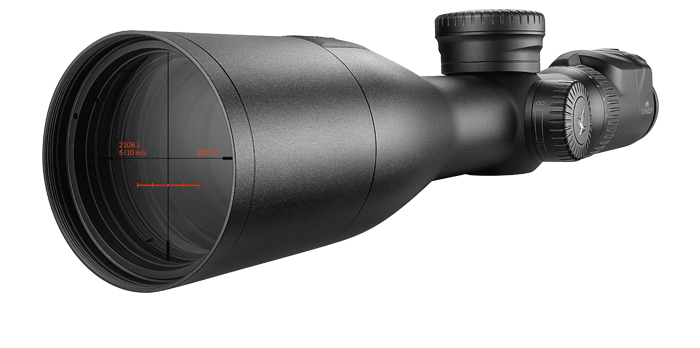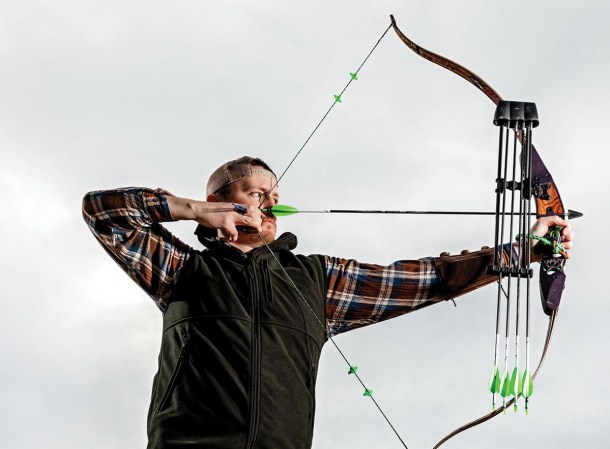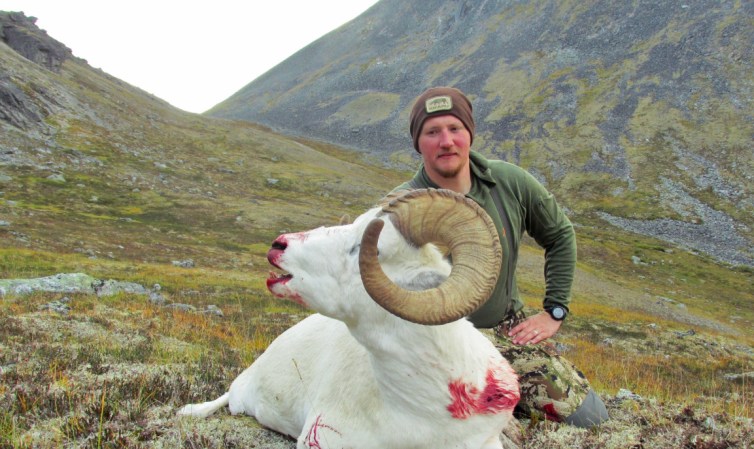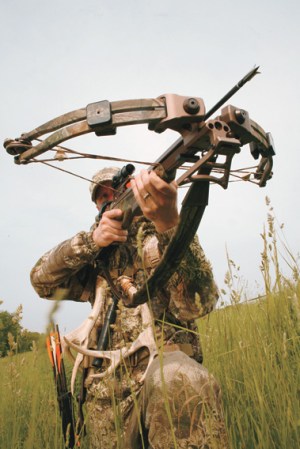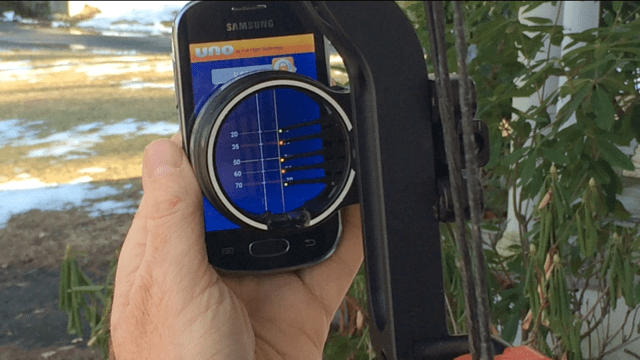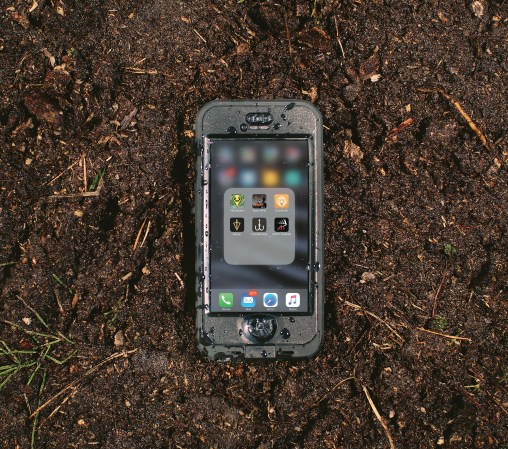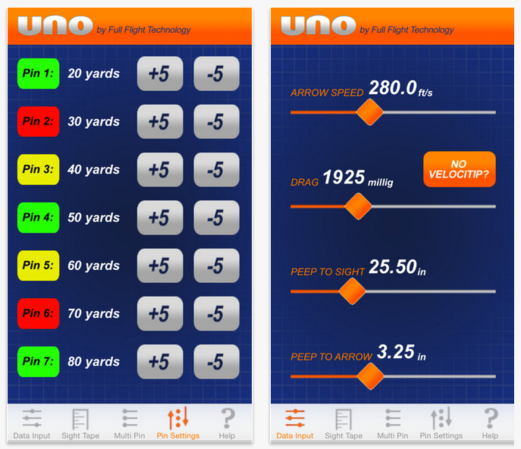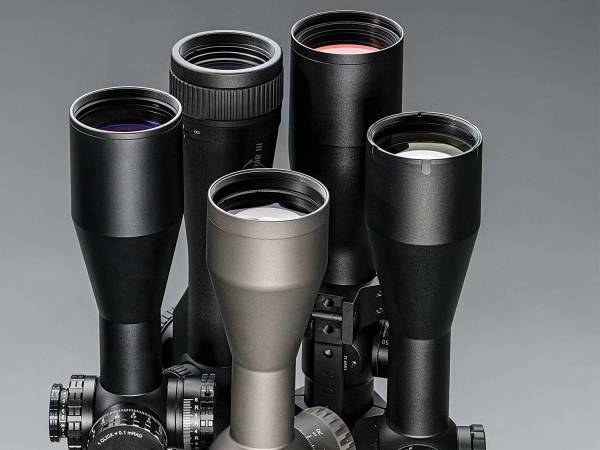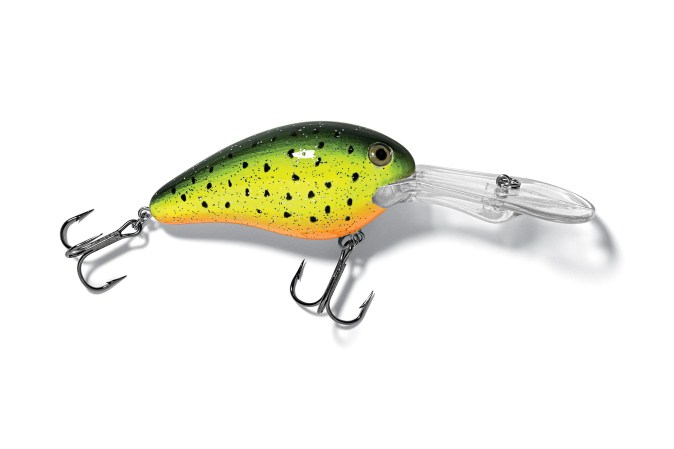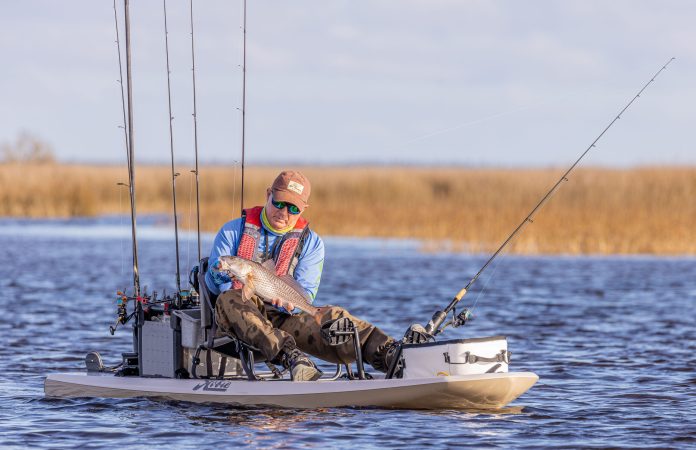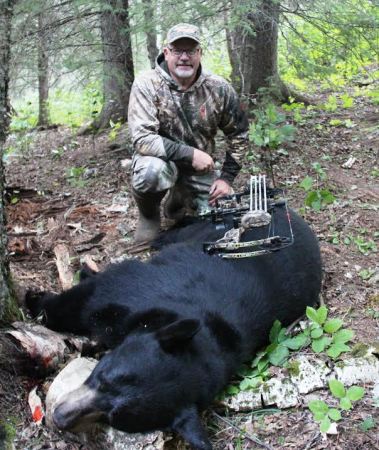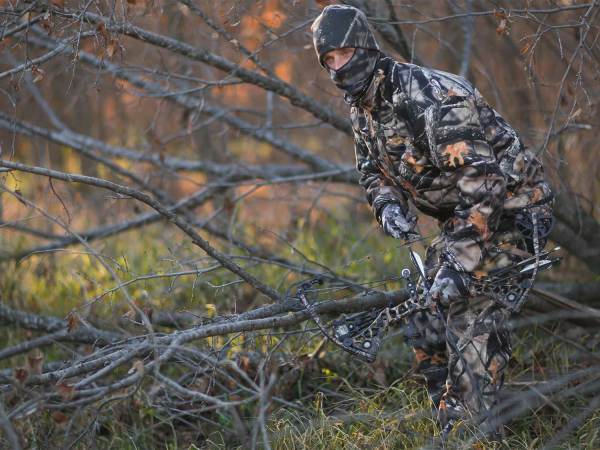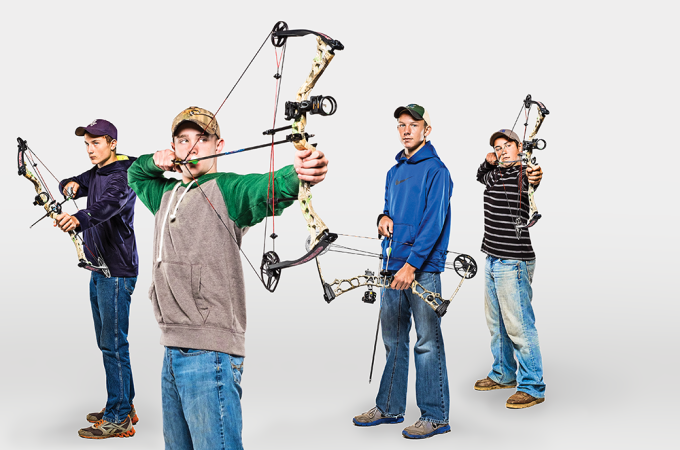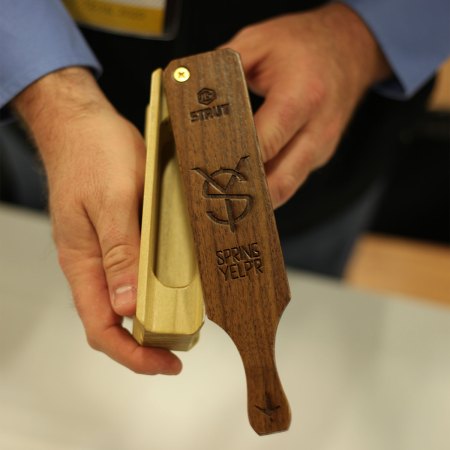We may earn revenue from the products available on this page and participate in affiliate programs. Learn More ›
We have smart riflescopes and bow sights and rangefinding binoculars. We’ve got digital mapping apps, ballistic apps, and apps that tell us when the deer are moving. If there’s a challenge that exists in hunting, there’s a technological advancement to help alleviate that challenge. Naturally, this begs the question: Will technology ruin hunting?
The short answer is no, because we won’t let it. We (the general consensus of hunters) won’t allow technology to make hunting so easy that it ruins what we love about it most—the challenge, the hunt itself. Now, if hunting were only about collecting meat, things might be different. We would probably look for the most optimal meat-for-effort ratio we could find and then use technology to optimize our efforts. However, even the most vocal “meat hunters” restrict their tactics so there’s still a level of fair chase that’s acceptable to them. This doesn’t mean we won’t embrace technology (we’re already using it). It does mean that despite all the advancements, we will still find ways to make hunting challenging—and personally satisfying.
Game laws are the most concrete restrictions we follow, and legal regulation is necessary to keep folks honest, and protect game populations. But the majority of hunters have a strong and personal ethical code that is much stricter than the law. This looks a little different for each hunter though, and is likely the reason we see different, strong opinions on many of these matters.
The fact is, we each seek a different aspect of the hunting experience for satisfaction or fulfillment in the hunt. For example, a diehard whitetail hunter may use a state-of-the-art bow, 25 trail cameras, and every other gadget they can afford, but the challenge they seek is hunting an individual buck. It takes a ton of patience and knowledge to do this, no matter how much tech you use. If it were just about getting any deer, they wouldn’t use all those advantages, because there is no need to.
Another example: I love to hunt grizzly bears over bait here in interior Alaska. I use bait, as well as Ozonics, which make it harder for an animal to smell you. But I make the hunt more challenging by using a traditional bow—I have even used stone arrowheads. It can be really hard (and sometimes frustrating) to get a mature boar to show up at a bait site while you’re on stand, so for that part I’ll take all the help I can get. But running a good shot on a big, dangerous animal with a recurve or longbow is the challenge that I choose to focus on and embrace.
Our personal tastes and experiences will guide how we use technology. Each of us can name several devices that we don’t really care for, but let’s not be too quick to shoot down other hunters’ choices. Remember that all the gear we use to hunt now was once new technology. There was the first time someone knapped and hafted a rock onto a spear shaft, and the first time someone strung up a bow. Those were major leaps in hunting technology that made humans more effective hunters.
In just about every clique of our hunting community, any new device is scrutinized, which is good, but only to a point. We should consider how any new tech might impact the resource and hunter opportunity. We shouldn’t let hunting technology turn into an arms race, likewise, we shouldn’t let it divide our hunting culture.
Technology is inanimate and neutral, it is the human element of how it is used that determines whether it is good or bad for hunting. If we can evaluate new technology with an open mind, we don’t have to worry that it will be the end of hunting as we know it. It will just be another way to enrich our time in the field and hopefully bring others into the fold.

